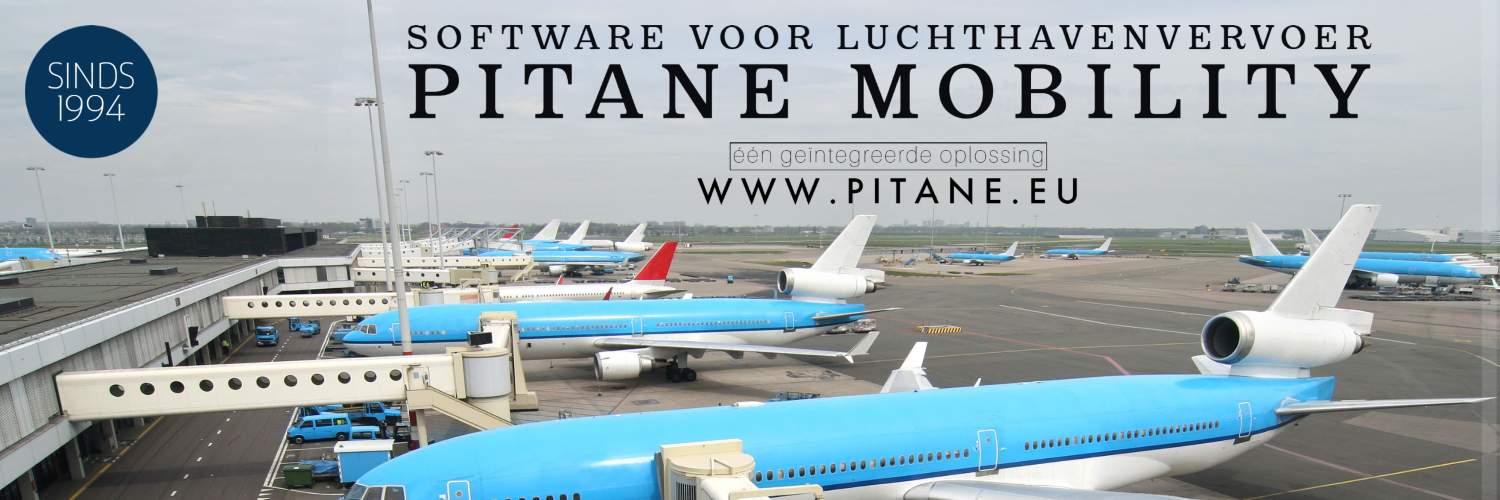Working Dutch people are willing to travel to work for about half an hour on average with an e-bike.
More and more Dutch people are buying an electric bicycle to travel to and from work. Researchers from the Knowledge Institute for Mobility Policy (KiM) expect this trend to continue in the coming years. Although the e-bike mainly replaces the normal bicycle, the Dutch also more often leave the car at home for their commute by using the e-bike.
The electric bicycle offers the possibility to travel faster and with less effort compared to the normal bicycle. This is the main reason for many people to buy an e-bike. Since 2018, more new electric bicycles have been sold every year than regular touring or city bicycles. In 2021, approximately 52% of the 923.000 new bicycles sold were e-bikes. The number of electric bicycle owners, estimated at 2021 million in 3,6, will continue to grow in the coming years, the KiM researchers concluded in their report. report on the purchase and use of the e-bike.
In 2021, the Dutch covered approximately 5,3 billion km on an e-bike. Of this, 0,3 billion km was traveled by schoolchildren (12-18 years). Between 2018 and 2021, the use of the electric bicycle in that group rose the most, although the total use in that group is small.
More than 12 in 1 (5%) of Dutch people aged 22 and older who do not yet own an electric bicycle plan to purchase one within 5 years. Another slightly less than 1 in 5 (17%) expect to do so in more than 5 years. This group includes a relatively large number of working Dutch people who plan to use the e-bike for their home-work journey.
Suitable means of transport
Working Dutch people are willing to travel to work for about half an hour on average with an e-bike. This equates to a distance of about 10 km. About 6 out of 10 home-work trips that the Dutch make every year are no longer than 10 km. This makes the e-bike a suitable means of transport for a large proportion of working Dutch people to go to and from work.

A quarter of electric bicycle owners are unable or only partially able to use a normal bicycle due to their physical health. More than half of this group (52%) would not cycle less often without an e-bike and 4 in 10 (43%) would not cycle at all. They can continue to travel actively with the electric bicycle.
High price
The relatively high price is reason for most people to hesitate about purchasing an electric bicycle, to postpone the purchase or not to consider the purchase at all. The price that people are willing to pay for an e-bike is far below the average new price, especially for the latter group. In order to persuade them to buy an e-bike, a substantial purchase subsidy is probably required. But the KiM study shows that such a subsidy will in all probability reach the people who would purchase an e-bike even without a subsidy.
KiM
The Knowledge Institute for Mobility Policy (KiM) provides knowledge for the mobility policy of the Ministry of Infrastructure and Water Management (IenW). They conduct their own research and collect knowledge developed elsewhere. KiM ensures that the Ministry of Infrastructure and Water Management can develop policy with a solid knowledge foundation. They do this by analyzing and explaining developments, drawing up explorations and scenarios and analyzing the effects of policy instruments.



